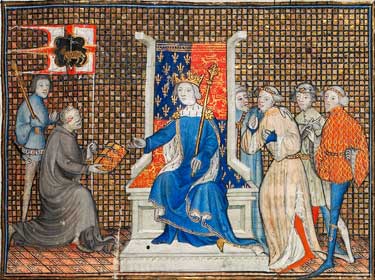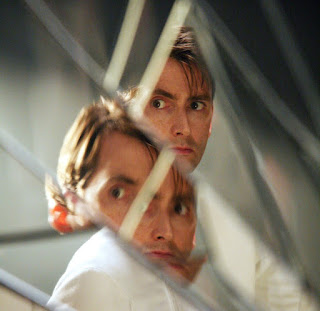This week, Alex chose us a play, which I like. Plays are a little different than our usual pick and they can be really fun.
Ok, so I didn't like READING For Colored Girls. It was confusing and hard to follow and no one had names, they had colors, which is a little hard to keep track of when you're reading. It's also a lot harder to imagine faces. The whole title of this play is, For Colored Girls Who Have Considered Suicide When The Rainbow Is Enuf. And all the woman in the play are wearing a color of the rainbow, which I think is cool. But, again, not helpful when reading.
This play is very visual, so that's why I'm telling you not to read the play. That's right, I am telling you NOT to read something. Go SEE the play, or at least watch the movie that they made out of the play, which I did, and it WAS very good. It was powerful and moving and made your heartbreak and showed you all the social commentary that Shange was trying to convey.
It's a WONDERFUL play, and I think it's very well done, you just don't get nearly as much out of it if you read the play.
I enjoyed this a lot more than I thought I would. After learning about Ntozake Shange and what a passionate activist she is (which is great, you should fight for what you believe in, but usually those types of people make okay writers at best, because they're too focused on the message, not the story) I was concerned, but she tells great stories in this play.
I actually liked the colors-instead-of-names bit. I like that it makes the characters more of an everyman (everywoman, I guess) and I'm terrible at keeping track of characters' names when reading anyway, so it was helpful to me.
However, I do agree with Cassy that this play is probably better watched than read. I know that Ntozake Shange liked the movie version (the Tyler Perry one) but she said she wasn't sure she'd call it a finished movie... just something to keep in mind if you choose the film over the live version.
I actually liked the colors-instead-of-names bit. I like that it makes the characters more of an everyman (everywoman, I guess) and I'm terrible at keeping track of characters' names when reading anyway, so it was helpful to me.
However, I do agree with Cassy that this play is probably better watched than read. I know that Ntozake Shange liked the movie version (the Tyler Perry one) but she said she wasn't sure she'd call it a finished movie... just something to keep in mind if you choose the film over the live version.



























